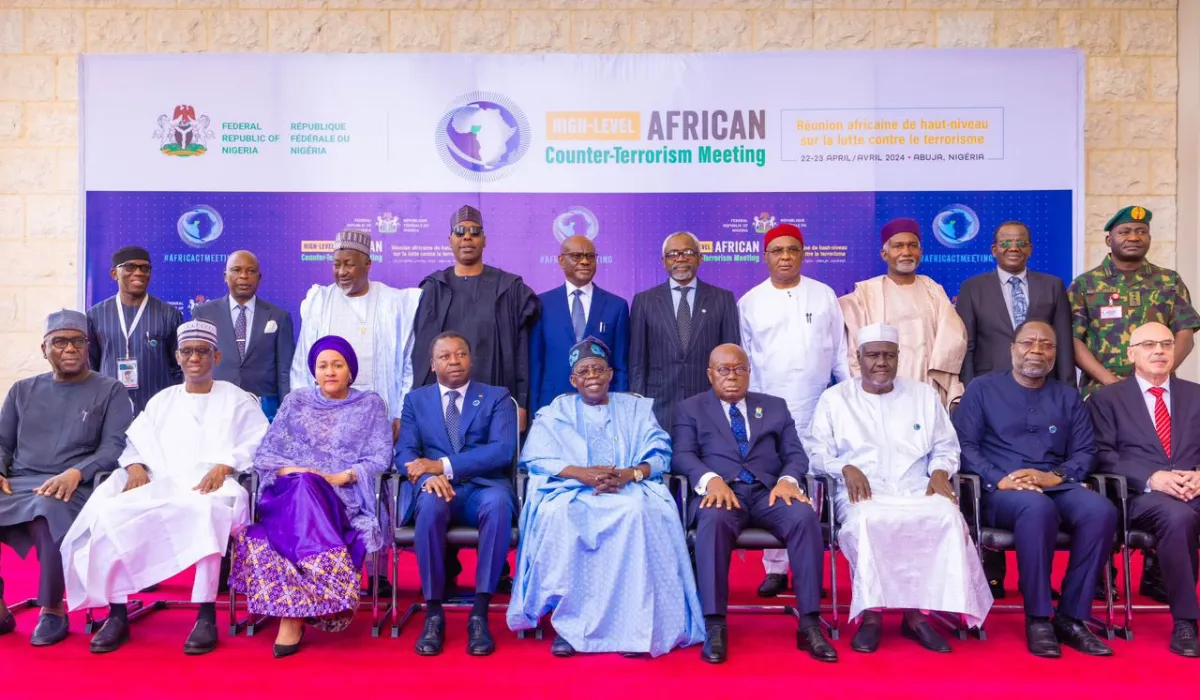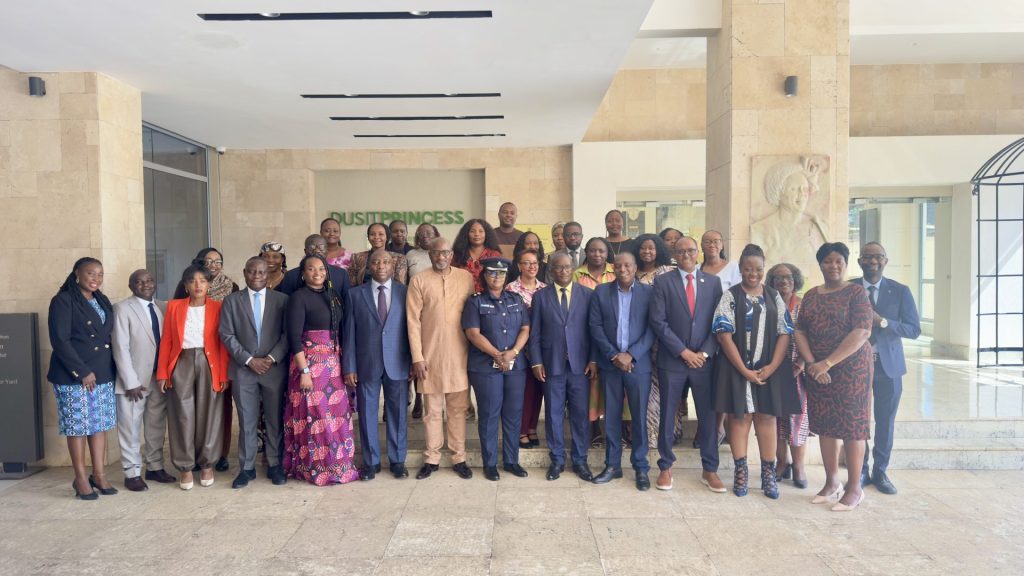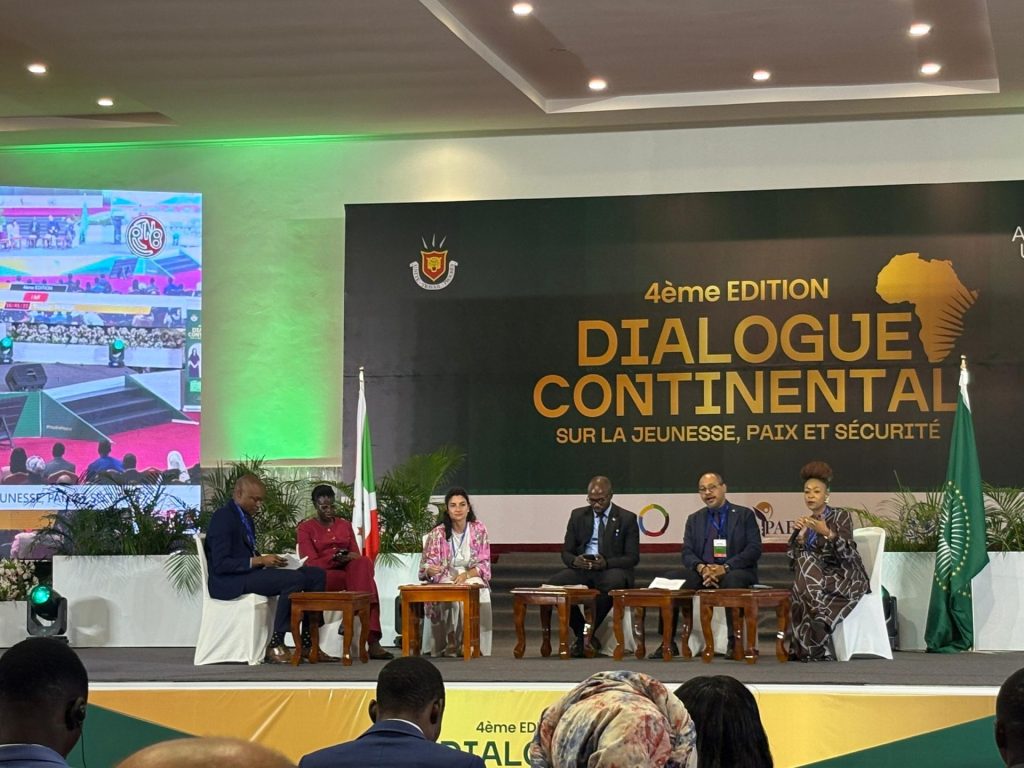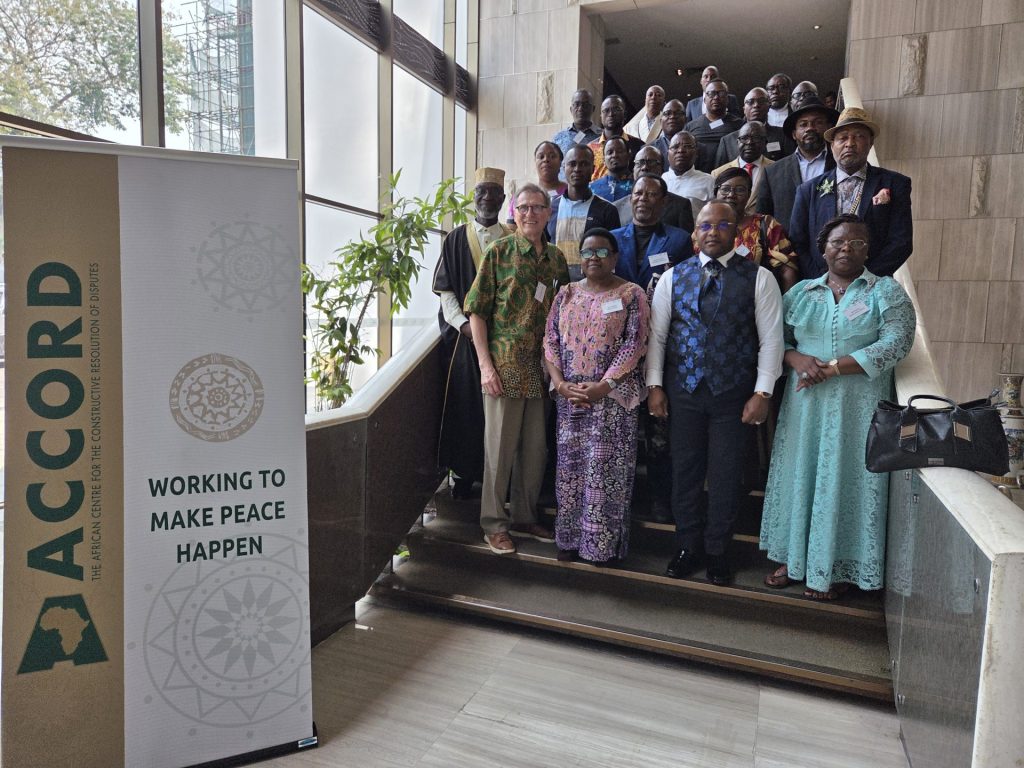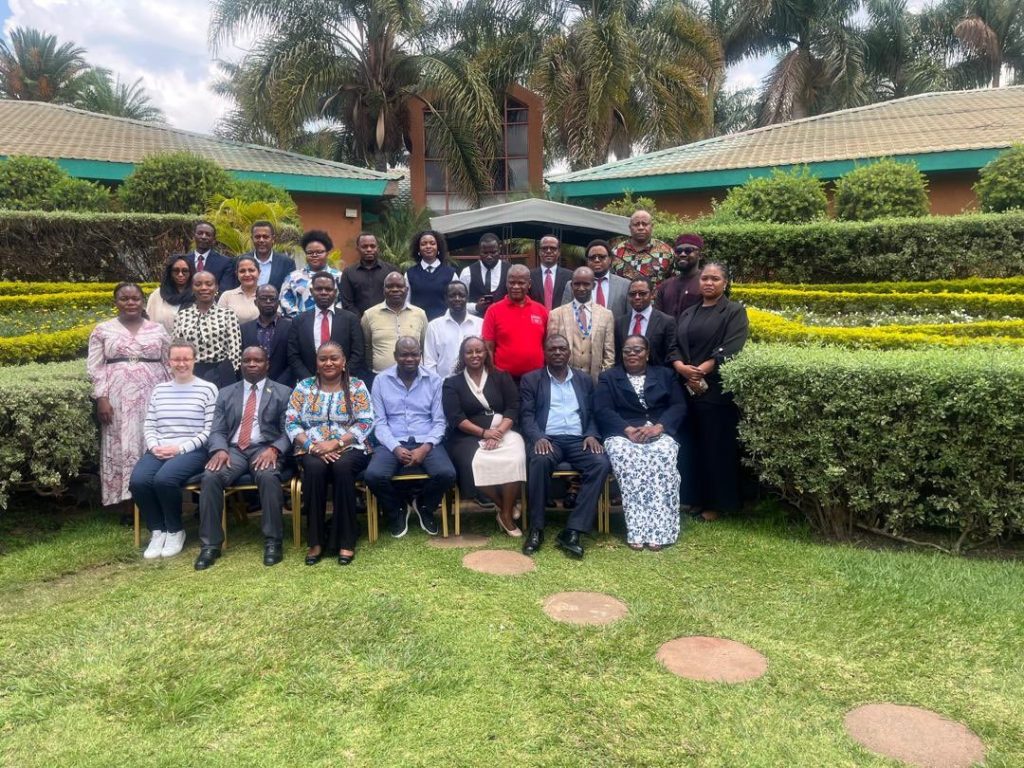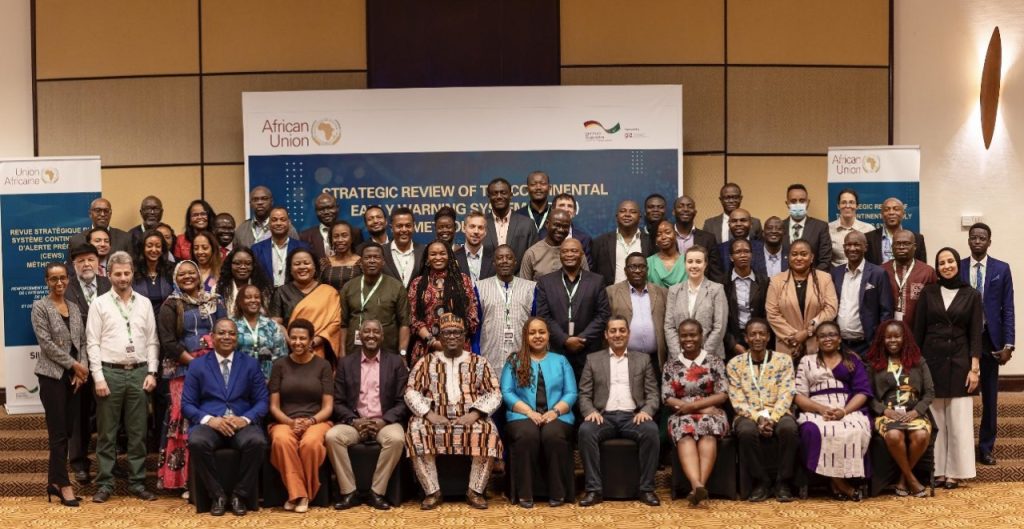On 22-23 April 2024, the Government of the Federal Republic of Nigeria in partnership with the United Nations Office of Counter-Terrorism (UNOCT) hosted a High-Level meeting on ‘Strengthening Regional Cooperation and Institution Building to Address the Evolving Threat of Terrorism in Africa’. The in-person meeting was held in Abuja, Nigeria and brought together Heads of States from Nigeria, Ghana and Togo, the Chairperson of the African Union Commission and the Deputy Secretary-General of the UN. It also included representatives from 32 African states, regional organizations, international partners, United Nations offices and civil society partners.
Terrorist-related conflict and the spread of violent extremism present a growing threat to stability on the African continent and the Sahel region in particular. The African Centre for the Study and Research on Terrorism has recorded approximately 2,122 terrorist attacks at the beginning of 2023 and the Global Terrorism Index 2024 has shown that a quarter of all terrorist-related deaths globally, have been in Burkina Faso. These statistics coupled with more sophisticated offensive capabilities, mobility of these groups between borders, security vacuums and diversified revenue streams formed the backdrop of discussions, which looked to enhance collective international and regional responses to terrorism. The meeting highlighted key regional efforts like the Multinational Joint Task Force (MNJTF) in the Lake Chad Basin, the SADC Mission in Mozambique (SAMIM) as well as campaigns and initiatives run within communities by civil society organizations. Ultimately, there was wide consensus that radicalization and socialization into this kind of sectarian violence happens over a longer time period and within the context of historical marginalization and serious socio-economic grievances against the state. A ‘whole-of-society’ approach, which considers governance and social issues, was therefore promoted in addition to the ongoing ‘peace enforcement’ missions.
The meeting highlighted the importance of collaborative approaches to the shared threat of terrorism and promoted the relevance of a multilateral response. One of the main outcomes of the meeting was the re-iteration of UNOCT and partner support of African priorities. This included a commitment to providing assistance packages to African countries – a commitment which addressed one of the key objectives of the meeting related to the financing of counter-terrorism operations.

